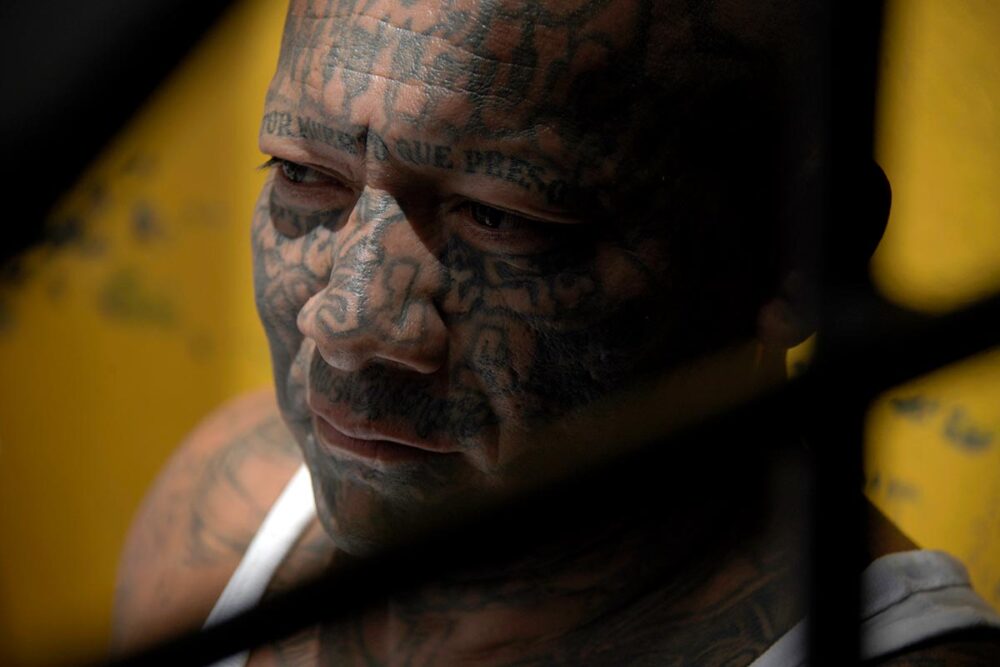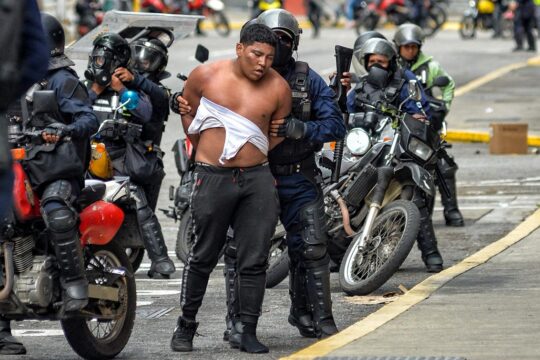Gaz: the Sierra Leonian gangster who gave up violence and drugs for poetry
Kieran Mitton tells us about the life of Gaz, a former Sierra Leonean gang member who became a poet and then a farmer. His remarkable trajectory is a testament to the way that gangster lives are by no means deterministic and that opportunities to leave the gang and change can present themselves in all sorts of ways at different moments in time.
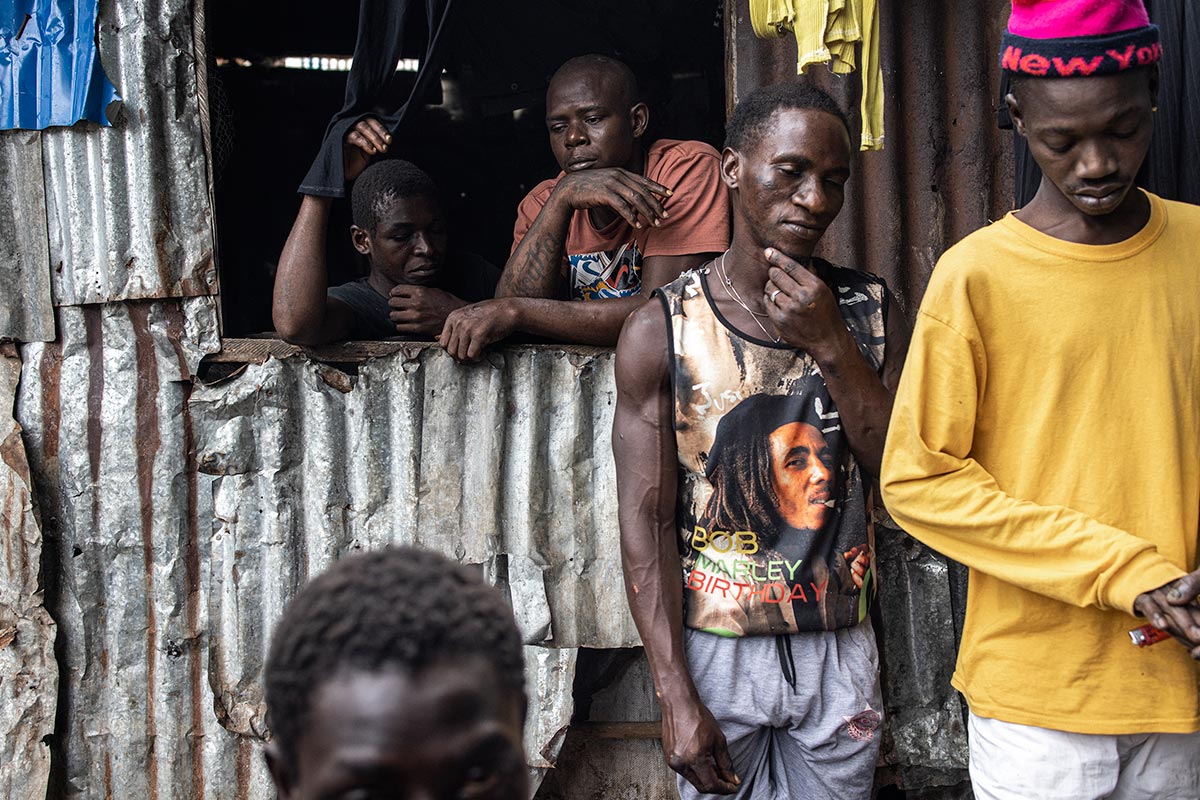
Sharif: from the streets of Dhaka to human-rights advocacy in Bangladesh
Sally Atkinson-Sheppard worked closely with Sharif, who 10 years ago was her research assistant, to write the story of his journey from gang member in war-torn Bangladesh to human rights worker and advocate for street children’s rights today. His story is one of overcoming exceptional adversity and drawing on his past experiences to do good in the world today.
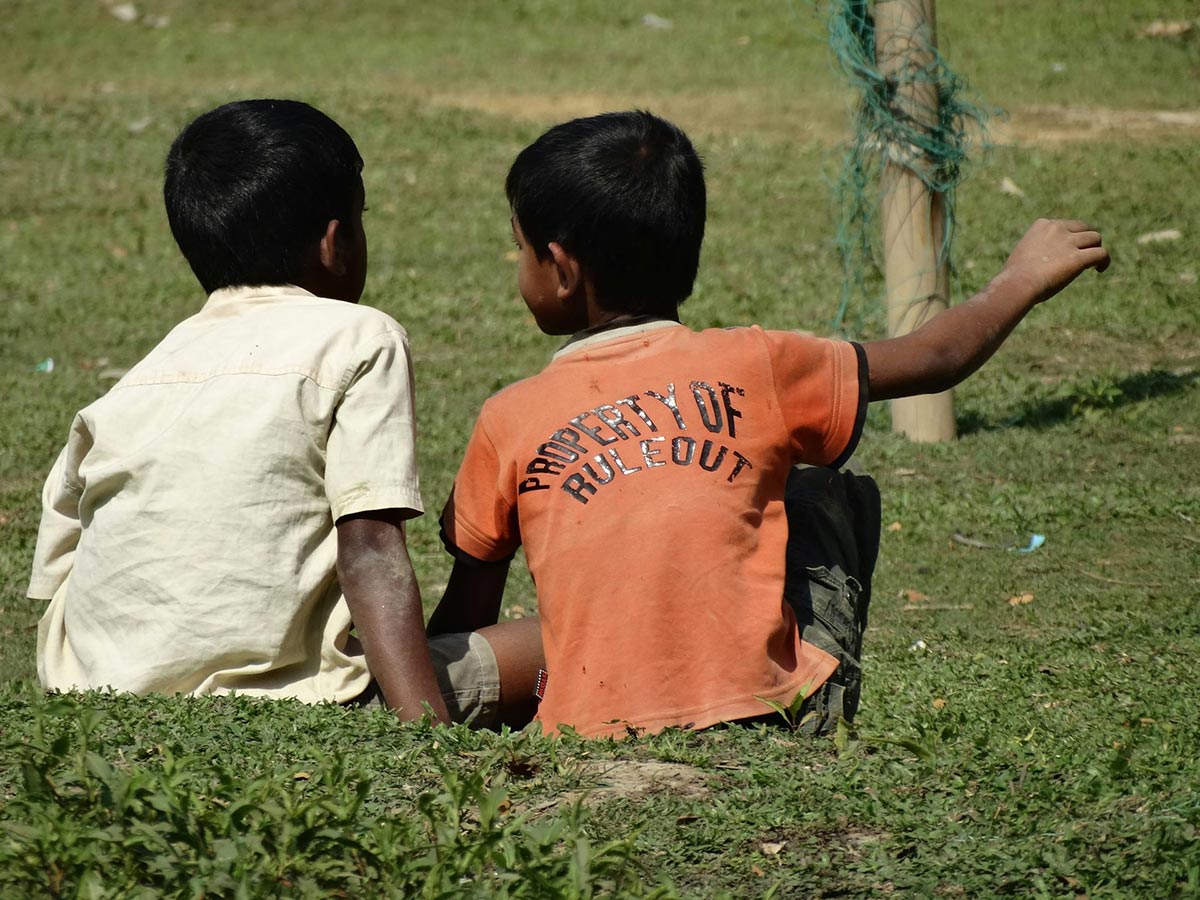
Jennifer: How a 15-year-old became Honduras’ first female gang leader
Ellen Van Damme offers us a portrait of Jennifer, the first female Honduran gang leader. Her story illustrates the frequently gendered nature of gangs, and the way that machismo and patriarchy constrain Jennifer’s life, even as a gang leader, highlighting the frequently fundamentally masculine essence of street gangs.
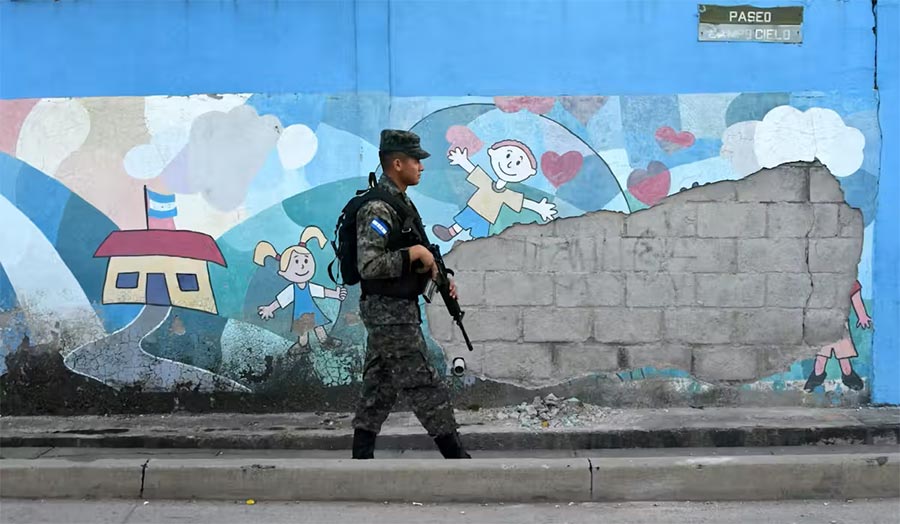
Marwan: how to find redemption in Cape Town
Steffen Jensen recounts the story of Marwan, whose life is in many ways a reflection of contemporary South African history, as he has had to navigate the violence of apartheid, prison, the Cape Flat drug wars, and more. Central to his narrative are the binary notions of damnation and redemption, with gangs frequently the sources of both at different points in his life, highlighting the different ways in which they can influence life trajectories.
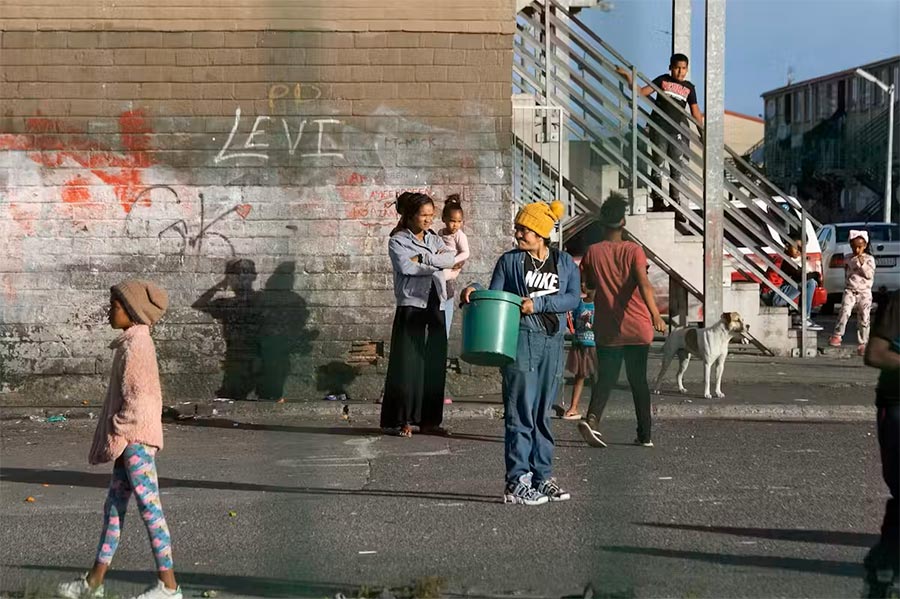
Soraya: the ‘real’ Queen of the South in Nicaragua
From a very young age, Soraya was involved in drug trafficking in the barrio Luis Fanor Hernández, a poor neighbourhood in Managua, the capital of Nicaragua, where Dennis Rodgers has worked for over 20 years. Known locally as “la Reina del Sur” (“the Queen of the South”), her story shows how rather than being empowering, her participation in the drugs trade reinforced forms of macho violence and patriarchal dynamics of domination.

Danny: tales of machismo in Glasgow
Alistair Fraser and Angela Bartie present a portrait of 70-year-old Danny, a retired Glaswegian businessman who was a gang member in his youth, and that is based, uniquely, on interviews carried out over a 50-year period, in 1969, 2011, and 2022. They trace his changing self-reflexion about his past, highlighting how this mirrors the broader transformation of Glasgow from a “Mean City” in the 1950s to a thriving metropolis that was Europe’s Capital of Culture in 1990.
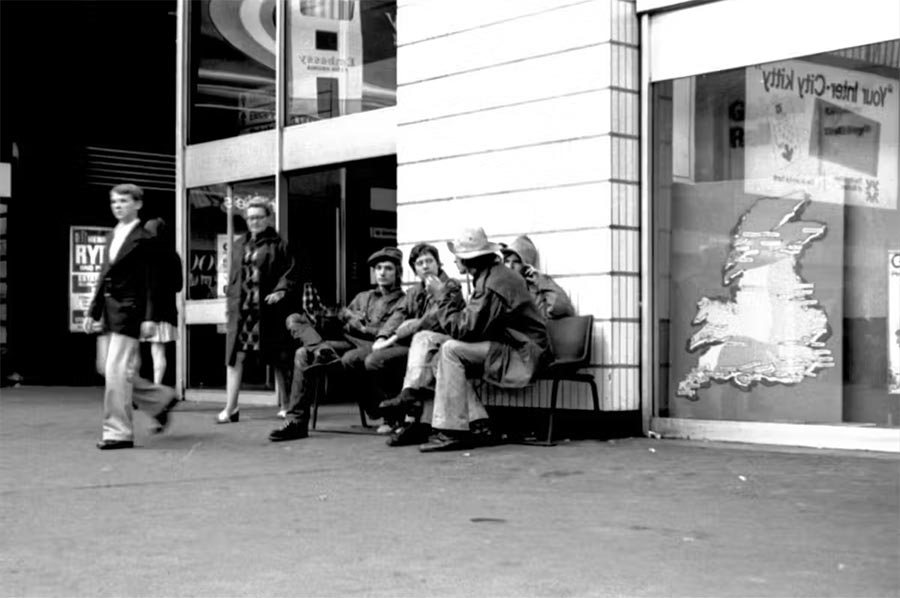
These articles are part of the ERC project coordinated by Dennis Rodgers ‘Gangs, Gangsters and Ganglands: Towards a Global Comparative Ethnography’ (GANGS), Grant (no. 787935).
This article, slightly modified by Justice Info, is republished from The Conversation France under a Creative Commons licence. Read the original article.![]()


